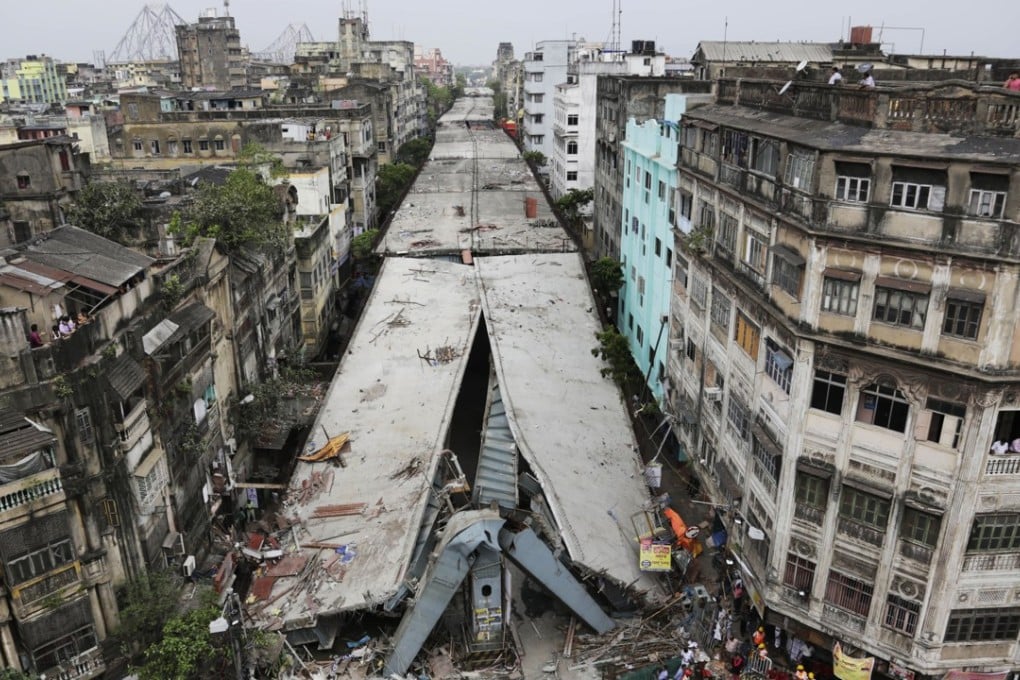Why the Indian state is afraid of the Right to Information
In the face of state silence, the Right to Information Act helps uncover disturbing findings about the deaths of 26 people in West Bengal. Is this why the act is being stymied by bureaucracy?

Early this March, towards the end of an unexpectedly helpful telephone conversation, an officer of the Kolkata Police offered lessons on how to tell a good lie. He was speaking about the bridge that had fallen in Kolkata a year ago. On March 31, 2016, an under-construction flyover collapsed, crushing 26 people to death and injuring 20. More than a year later, the criminal trial into the accident has yet to begin. The 16 people arrested are all out on bail.
The Kolkata Police, who are in charge of the investigation, have not filed the complete charge sheet. Court proceedings can only commence when this is done. The story had fallen out of the news cycle; an anniversary was a good occasion to remember how more than two dozen people died going about their daily lives.
The truth-vigilantes fighting India’s fake news
What was the progress in the investigation? How can a bridge fall like that? How does a public infrastructure project fall prey to such criminal negligence? The police and the state prosecution team have refused to disclose anything. This officer, however, was sharing disturbing findings from the police investigation: failed steel samples, unapproved drawings, a phantom Chinese company. Then came the restriction.
“You cannot quote me in your report”, the officer said.
“I could quote from the charge sheet then”, I said.
“There is no question of sharing the charge sheet”, he said quickly. “What you could do”, he said after a moment, “is to write that you have seen the charge sheet. A charge sheet is a public document. Anybody has the right to see it.”
